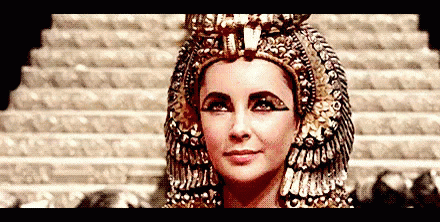Strategic Leadership Analysis
Cleopatra archetypes read shifting alliances like strategists read chessboards. You turn diplomacy, intelligence, and narrative into leverage—always aware that perception drives power. People follow because they feel seen, valued, and part of something elegant.
Strengths
- Communicates complex strategy with charm and clarity
- Builds high-trust coalitions across conflicting interests
- Excels at intelligence gathering and narrative control
- Anticipates political undercurrents before they surface
- Turns hospitality and symbolism into strategic leverage
Pressure Points
- Emotional labor can become unsustainably high
- Risk of over-personalizing negotiations
- Relies on fragile alliances that require constant tending
- Can be underestimated by more direct operators
- Needs redundant channels when key relationships shift
Relationship Operating System
You thrive with partners who respect your charisma but reinforce boundaries. Shared transparency keeps influence from becoming isolation.
Deployment Zones
Diplomacy, strategic communications, brand partnerships, investor relations, stakeholder management
Leadership Lessons to Apply Today
Invest in systems that support your relational genius. Document deals, delegate follow-through, and protect your energy from constant performance.



